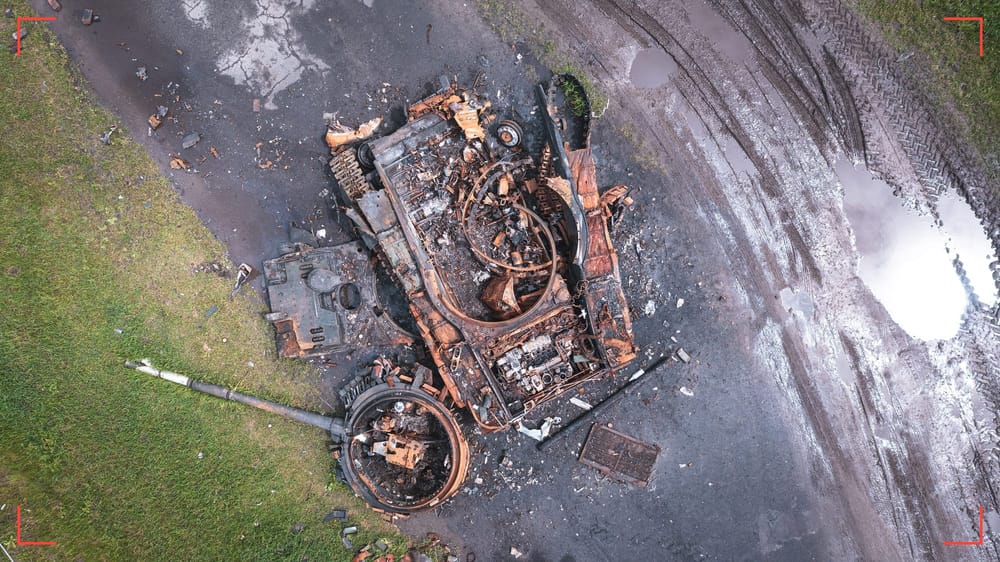
Report Details
Initial Publish Date
Last Updated: 28 MAR 2025
Report Focus Location: Europe-Eurasia
Authors: AGC, ATG, MA
Contributors: GSAT
GSAT Lead: MF
RileySENTINEL provides timely intelligence and in-depth analysis for complex environments. Our global team blends international reach with local expertise, offering unique insights to navigate challenging operations. For custom insights or urgent consultations, contact us here.
Report Summary
This report presents a thorough examination of the current geopolitical and security environment throughout Europe and Eurasia, with an emphasis on significant developments in Eastern Europe, the Western Balkans, and the Caucasus region. The Europe-Eurasia region is struggling to find a unified approach to the changing geopolitical landscape and the power dynamics between the U.S. administration and Russia. There is an intense discussion about European defense and security, with various plans being proposed by different actors. However, as is often the case, many voices have risen, but it remains uncertain what plan will be implemented in practice. The ongoing coalition negotiations in Germany serve as an example of the challenging decision-making process in Europe.
In Eastern Europe and Eurasia, protests and political instability continue, though the reasons vary by country. A significant moment occurred with the announcement of a finalized peace agreement text between Armenia and Azerbaijan. Unfortunately, progress has stalled since the announcement, indicating that further diplomatic efforts are necessary. In separate discussions, the U.S. facilitated a limited ceasefire concerning the Black Sea energy infrastructure. The specific details of this ceasefire are not yet public, and the difficulty in achieving even this limited agreement highlights the challenges that lie ahead in reaching a comprehensive truce. Meanwhile, Europe finds itself on the sidelines and is actively lobbying the U.S. administration to be included in future negotiations with Russia. Strategically, these dynamics demand enhanced regional cooperation, specifically with Eurasian and eastern European countries close to Russia, and improved decision-making to address the power politics of the U.S. and Russia, political instability, and security threats.
Remaining content is for members only.
Please become a free member to unlock this article and more content.
Subscribe Now






